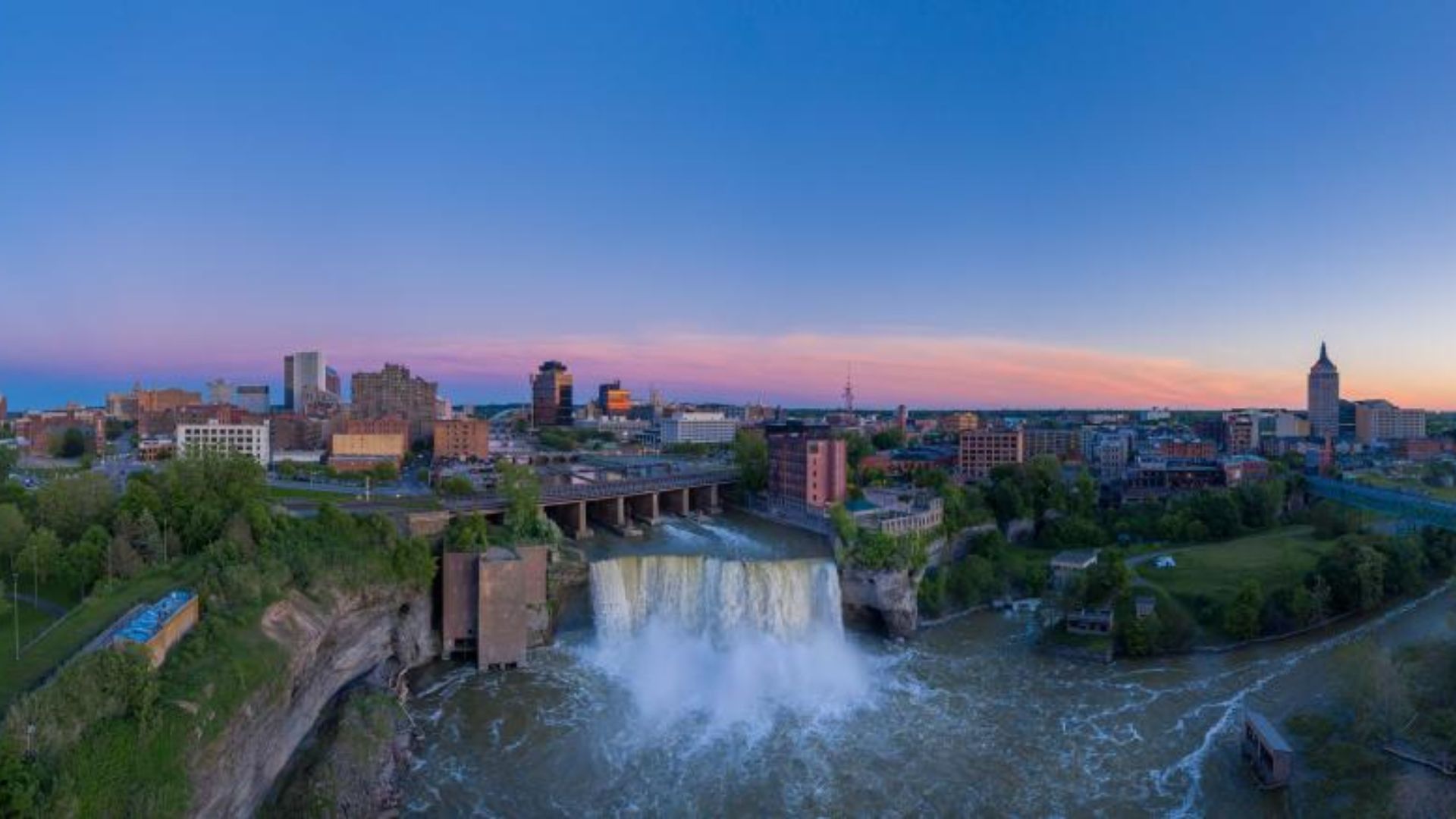Local News
City of Rochester begins process to update Climate Action Plans and urges the entire community to take part in shaping a more sustainable future

Rochester, New York – The City of Rochester is taking its climate goals to the next stage, opening the door for both experts and everyday residents to play a role in shaping how the community adapts to a warming planet. A formal Request for Proposals (RFP) has been released, seeking consultants to update the city’s Municipal and Communitywide Climate Action Plans (CAPs), with a strong emphasis on community involvement and long-term sustainability.
“Addressing climate change requires all of us working together,” Mayor Malik D. Evans said. “By updating our Climate Action Plans, we are building a roadmap that strengthens resilience, improves quality of life, and creates opportunity for every Rochester resident. This work is about ensuring a cleaner, healthier, more sustainable city for generations to come.”
The new plans will set updated greenhouse gas reduction targets, laying out strategies not only to reduce emissions but also to bolster climate resilience and improve the quality of life for all residents, particularly those most at risk from climate impacts. Officials stress that the process is not just about technical upgrades but about building a shared vision for Rochester’s future.
Building on a Decade of Progress
This isn’t Rochester’s first push into climate planning. The city has previously adopted a Municipal Climate Action Plan in 2013, followed by a Communitywide Climate Action Plan in 2017, and more recently completed its Greenhouse Gas Emissions Inventories in 2022. Together, these efforts provide a foundation for Rochester’s Office of Energy and Sustainability to collaborate with government agencies, nonprofits, businesses, and citizens.
Over the last ten years, these partnerships have turned ambitious ideas into visible results. A once-unused landfill is now home to a two-megawatt solar field that powers city facilities. Solar panels now sit atop the Public Market and Arnett Branch Library. Rochester is also preparing to break ground on the Maplewood Nature Center, which will feature solar energy, geothermal systems, and electric vehicle charging stations. Meanwhile, every streetlight across the city is being replaced with energy-efficient, dark-sky compliant LED fixtures.
Transportation has also undergone a transformation. Public garages and city facilities now feature 30 free charging stations for electric vehicles. The municipal fleet is gradually moving toward cleaner, fuel-efficient vehicles under a new efficiency policy. Cyclists have seen expanded infrastructure through Bike Rochester, which has added more lanes, cycle tracks, and 68 miles of multi-use trails. The Complete Streets policy is ensuring that redesigns prioritize safety for pedestrians, cyclists, and drivers alike.
Tackling Waste and Greening the City
Rochester has taken concrete steps to cut down on waste while also investing in greener neighborhoods. The city’s residential composting program, ROC City Compost, has already diverted more than 520 tons of food scraps from landfills. Thousands of trees have been planted under the Urban Forest Master Plan, helping to cool neighborhoods, absorb stormwater, and capture carbon.
Equally important are the city’s strategies for resilience. A Climate Change Resilience Plan and an Extreme Heat Plan have been rolled out to prepare residents for the health and infrastructure risks of hotter summers. At the same time, city housing initiatives are being paired with sustainable technologies like air-source heat pumps, electric appliances, insulation, and energy-efficient water heaters, ensuring that affordable housing is also climate-smart housing.
A Community Effort
While past achievements are significant, city leaders say the new Climate Action Plans must be broader, deeper, and more inclusive. They want feedback and involvement from every corner of Rochester, from business owners and environmental advocates to families and students. The RFP process is the first step, bringing in technical expertise, but the city is clear that public engagement will play a central role.
This work is being supported by the Climate Smart Communities Grant Program, under Title 15 of the Environmental Protection Fund, through the New York State Department of Environmental Conservation.
For Rochester, the stakes are high, but so is the opportunity. As the city lays out its next chapter in climate leadership, it is inviting residents to help design a roadmap that reflects both ambition and accountability.
Learn more, sign up for public engagement opportunities, or access the RFP on this link.
The call is clear: Rochester’s climate future will not be written by officials alone—it will be shaped by the community that calls the city home.

-

 Local News10 months ago
Local News10 months agoNew ALDI store close to Rochester to begin construction in late 2025 or early 2026
-

 Local News10 months ago
Local News10 months agoRochester Lilac Festival announces exciting 127th edition headliners
-

 Local News8 months ago
Local News8 months agoCounty Executive Adam Bello and members of the county legislature celebrate exceptional young leaders and advocates at the 2025 Monroe County Youth Awards
-

 Local News8 months ago
Local News8 months agoThe 2025 Public Market Food Truck Rodeo series will begin this Wednesday with live music by the Royal Bromleys